Sleep and Strength: The Crucial Connection Between Quality Rest and Athletic Performance
# Sleep and Strength: The Crucial Connection Between Quality Rest and Athletic Performance
In the world of athletics, training regimens often dominate discussions around performance enhancement. However, an equally vital, yet sometimes overlooked, component of optimal athletic performance is quality sleep. As athletes push their physical limits, the significance of sleep becomes increasingly clear. It’s not merely a passive state of rest; sleep plays a critical role in recovery, muscle growth, and overall performance. In this blog post, we will explore the profound connection between sleep and strength, examining how quality rest can elevate athletic performance while also providing nutrition and exercise tips to optimize both sleep and strength.
## The Science of Sleep and Athletic Performance
Sleep is a complex biological process that is essential for recovery and performance. During sleep, the body undergoes various repair processes: muscle tissue repair, hormone production, and memory consolidation. Growth hormone, which is crucial for muscle growth and recovery, is primarily released during deep sleep stages. Without adequate sleep, athletes may experience decreased strength, slower reaction times, and impaired cognitive function—all factors that can significantly hinder performance.
Research has shown that sleep deprivation can lead to increased fatigue and reduced endurance. A study published in the journal *Sleep* found that athletes who slept less than the recommended seven to nine hours per night exhibited decreased performance in strength training exercises. Conversely, those who prioritized sleep reported improved mood, concentration, and overall athletic performance.
## Health Benefits of Quality Sleep
Quality sleep is not just about feeling well-rested; it brings numerous health benefits essential for athletes. Here are some key advantages:
1. **Improved Recovery**: Sleep accelerates the recovery process by reducing muscle soreness and inflammation, allowing athletes to train harder and more frequently.
2. **Enhanced Mental Focus**: Adequate sleep sharpens cognitive function, leading to better decision-making, improved reaction times, and heightened focus during training and competition.
3. **Hormonal Balance**: Sleep helps regulate hormones related to stress, appetite, and growth. A well-rested athlete is less likely to experience hormonal imbalances that can affect performance.
4. **Injury Prevention**: Fatigue can lead to poor form and decreased coordination, increasing the likelihood of injury. Quality sleep helps maintain physical and mental sharpness, reducing the risk of accidents.
5. **Mood Regulation**: Sleep contributes to emotional stability, helping athletes manage stress and anxiety, which can be crucial during high-pressure competitions.
## Nutrition Tips for Better Sleep
To enhance sleep quality, athletes should also focus on their nutrition. Here are some tips to consider:
1. **Timing of Meals**: Avoid heavy meals close to bedtime. Instead, aim for a lighter dinner and consider a small snack rich in carbohydrates and protein about 30 minutes before sleep to aid muscle recovery.
2. **Hydration**: Staying hydrated is important, but excessive fluid intake right before bed can disrupt sleep. Aim to hydrate throughout the day and limit consumption in the hour leading up to sleep.
3. **Sleep-Inducing Foods**: Incorporate foods rich in tryptophan (such as turkey, nuts, and dairy) and complex carbohydrates (like whole grains) into your diet, as they can promote the production of serotonin, a precursor to melatonin, the sleep hormone.
4. **Limit Caffeine and Alcohol**: These substances can disrupt sleep patterns. Aim to avoid caffeine in the afternoon and evening, and limit alcohol intake, especially close to bed.
## Exercise Advice for Better Sleep
Regular physical activity is essential not only for building strength but also for improving sleep quality. Here are some exercise tips to help enhance sleep:
1. **Timing**: While regular exercise promotes better sleep, the timing can impact your rest. Aim to complete vigorous workouts at least a few hours before bedtime to allow your body to wind down.
2. **Incorporate Different Types of Exercise**: A mix of strength training, aerobic workouts, and flexibility exercises can help optimize physical


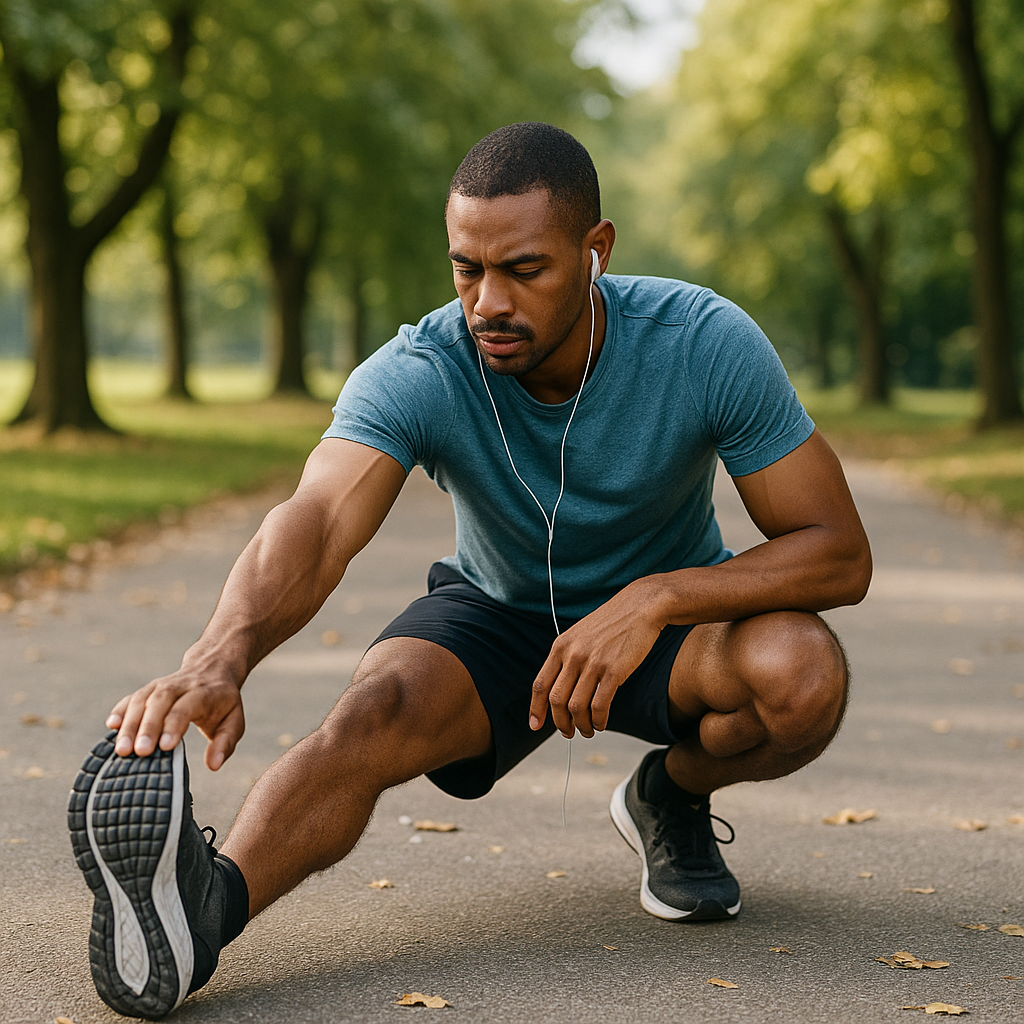
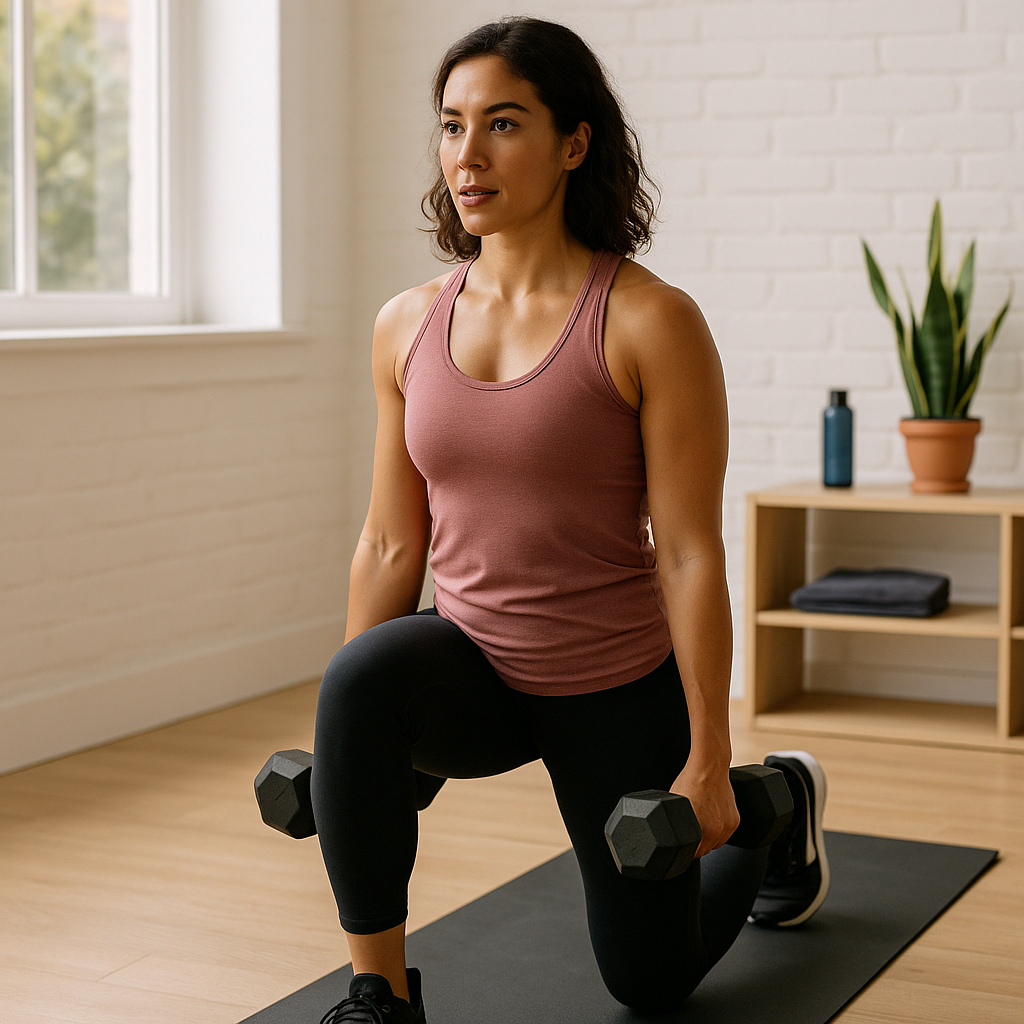

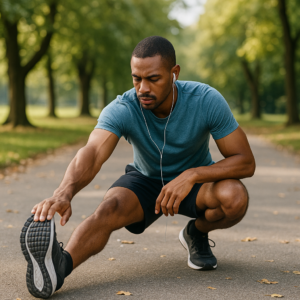
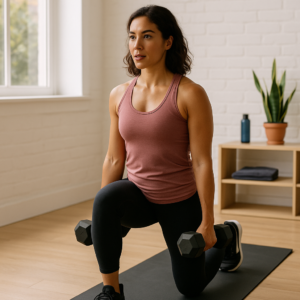

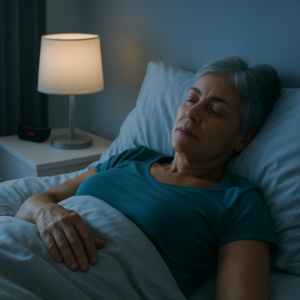
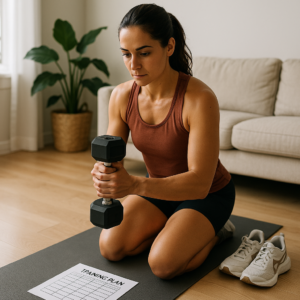



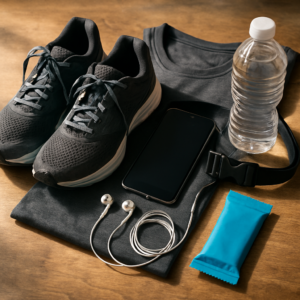

Post Comment